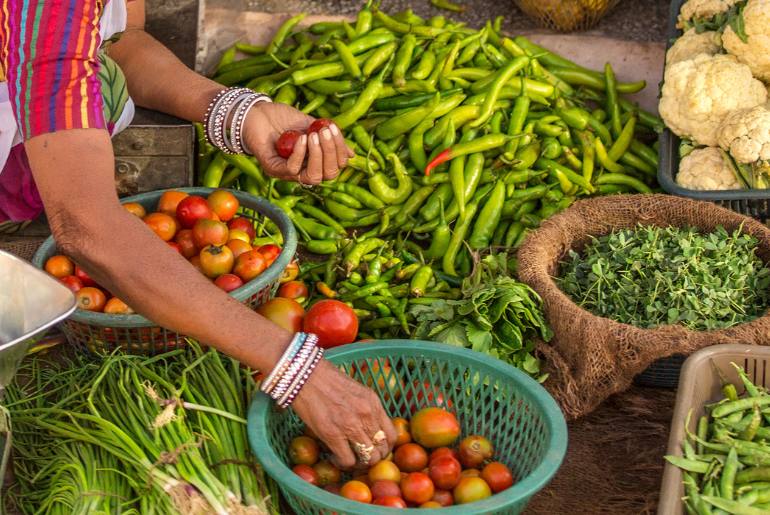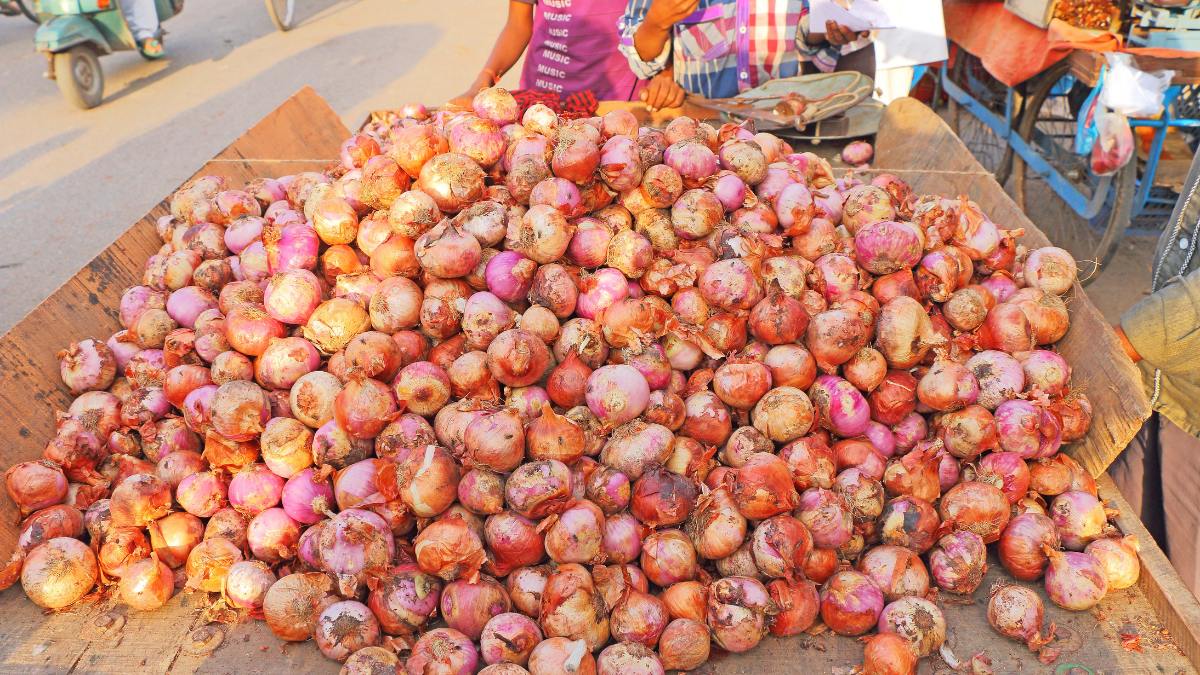According to a recent assessment of global temperatures and the food situation, India would experience a loss in the food supply of about 16% in 2050. It would be a direct result of water and heat stress. This drastic change will also result in a 50% increase in the number of people who are food insecure. The research was a comprehensive one that ranked China first, with a reduction in the food supply of 22.4%. The second position was secured by South America with a reduction of 19.4%.
Global Food Supply To Drop Down Severely

According to the analysis, many Asian nations that are currently net food exporters will turn into net food importers by 2050. Including China and ASEAN members, the countries will find a change in their status as food suppliers on a global level.
This drift in the scenario would not just stick to food. Due to the water crisis, sources of usable water are becoming increasingly scarce. The demand, on the other hand, is rising dramatically. On the 2019 global water stress index, India was ranked number 13.
About 1100–1197 billion cubic metres of water are available in India (bcm). However, the demand is expected to increase, going from 550–710 bcm in 2010 to roughly 900–1,400 bcm in 2050.
Also read: 5 Best Places To Eat After A Shopping Sesh At Nakheel Mall In Dubai
Experts Hint Water Scarcity
A commission established in 2022, the Global Commission on the Economics of Water (GCEW), comprises of 17 community leaders, experts and practitioners, functioning at World Economic Forum. These experts belong to various sections of Science, front-line practices, and public policies. This group of experts at GCEW conducted research to assess the position of the global supply of food and water. The paper produced forecasts from the base year of 2014 for the year 2050 and how the scenario will affect worldwide irrigated agricultural production and food security through that year.
Here is a summary of the report:
- A significant impediment to addressing water stress, according to the report, is India’s inadequate water policy design.
- It focuses on the energy subsidies given to farmers in India, which encourage them to use more water, depleting aquifers in the process.
- The report emphasises trade as a means of reducing water scarcity.
- It suggests that countries that face water shortages should import agricultural products rather than produce them at home.
Cover Image Courtesy: Canva
First Published: March 18, 2023 4:22 PM



